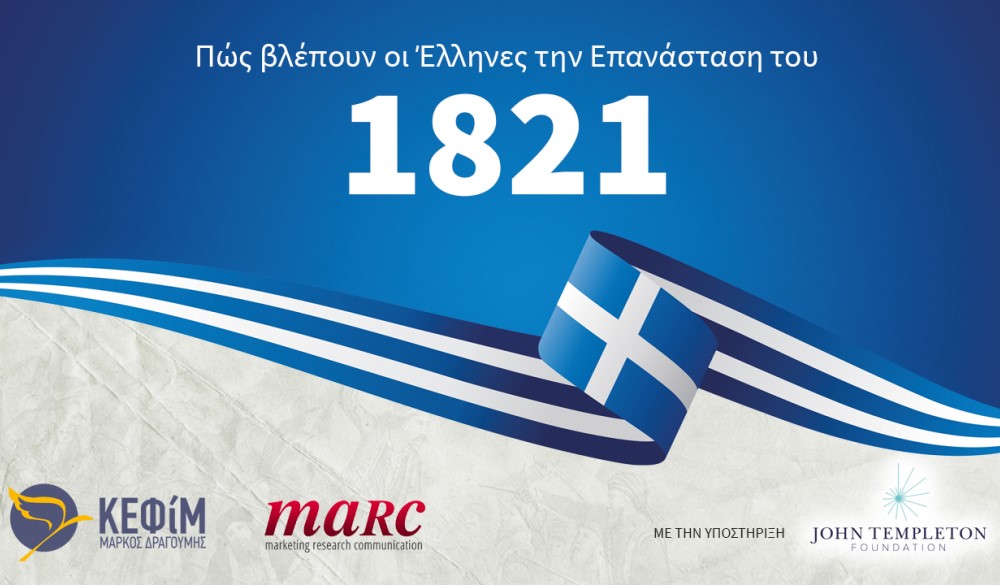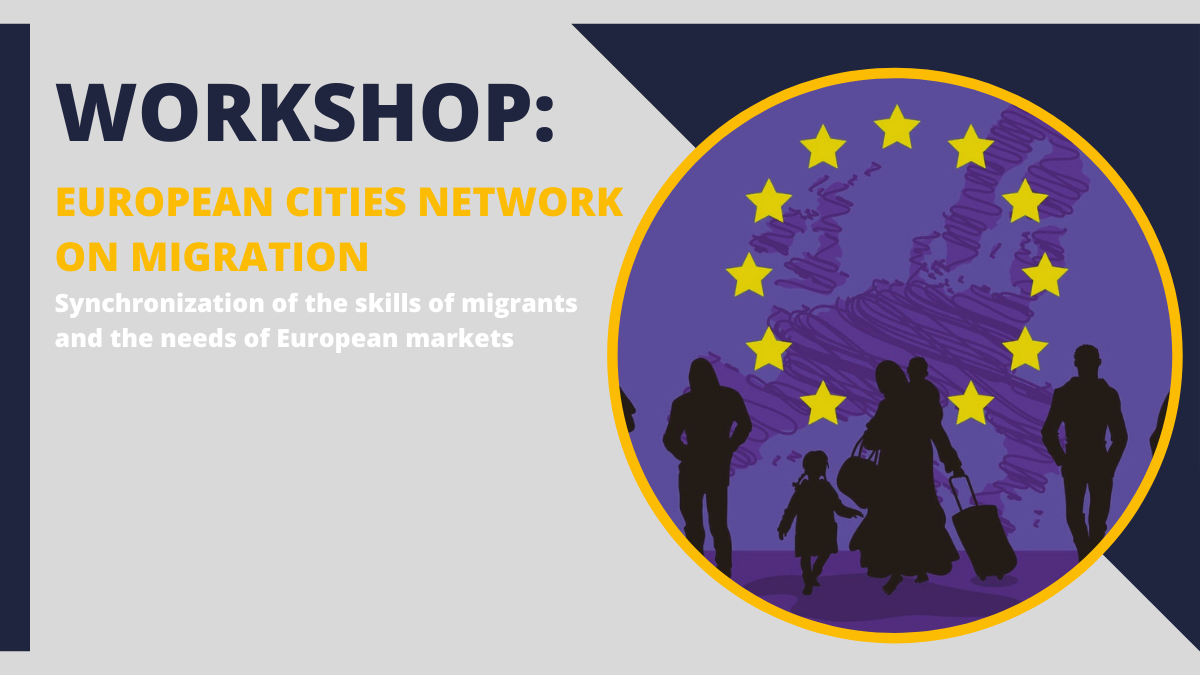
How do Greeks see the Revolution of 1821?

In 2021, Greeks will celebrate the bicentennial since the outbreak of the Greek Revolution in 1821. This is the anniversary of the most important event in modern Greek history, which is directly related to the founding of the new Greek state.
The Center for Liberal Studies – Markos Dragoumis (KEFiM) conducted this survey to record and understand Greek citizens’ perceptions and knowledge about the Revolution of 1821.
With this research we aimed to see the real picture that Greek society has today about The Greek War of Independence, as well as whether this picture is influenced by demographics and other characteristics such as income level, educational level and political positions. The questions of this study are simple and straightforward, to avoid the influence of the context and manipulation of the answers. Finally, we tried not to make the questionnaire resemble a historical knowledge test.
The survey was conducted by MARC (marketing research and communication company) in December 2019 using the multi-stage random sampling method using quota based on gender, age and geographical distribution, with telephone interviews in 1,200 households by 22 MARC researchers. The next two surveys will take place in December 2020 and December 2021.
Key findings:
- The revolution of 1821 is a common place of reference that unites the Greeks. The image Greek women and men have about the Revolution of 1821 is largely unified. Demographic characteristics (gender, age), educational level, income, ideology, political identity and voting in elections have little influence in their views.
- Theodoros Kolokotronis (92.7%) emerged as the dominant figure of the Greek Revolution of 1821 by a large margin. Followed by George Karaiskakis (63.1%). It is impressive that a woman, Bouboulina, is in the top three. Among the 10 most recognized heroes of the Revolution is another woman, Manto Mavrogenous, in 10th place.
- For today’s Greeks, 1821 was not just a national revolution. The vast majority, of course, believe that the Revolution was mainly National, but more than half of the Greeks believe that the Revolution also had Social, Liberal and Religious characteristics.
- Russia emerges, by far, as the foreign power with the most positive contribution to the Revolution of 1821, followed by France and Great Britain.
- Among the social groups, organizations and institutions that were involved in the Revolution, the role of the Merchants is quite underestimated. On the contrary, the positive role of the Filiki Eteria (or Society of Friends), the Philhellenes and the island shipowners, the military and the Church is recognized almost unanimously.
- The Greeks appear disappointed by how well we know the history of the Revolution. Only 1 in 10 believes that the average Greek knows the history of the Revolution well.
- 3 in 10 Greeks state that they have not heard or read anything about the 3 National Assemblies and their Constitutions. Most agree that the National Assemblies and the three Constitutions have mainly Democratic and Liberal characteristics.
- 7 out of 10 Greeks consider Krifo scholio is not a myth. Public opinion is divided on whether the Revolution began on March 25 at the Monastery of Agia Lavra.
- School is the main source of learning about the Revolution for most Greeks. 7 out of 10 are dissatisfied with the way the history of the Revolution is taught in school and 9 out of 10 ask for more emphasis on its teaching.
Supported by:

This project/publication was made possible through the support of a grant from the John Templeton Foundation. The opinions expressed in this publication are those of the author(s) and do not necessarily reflect the views of the John Templeton Foundation.
Σχετικά άρθρα
 Επιστροφή στη λίστα
Επιστροφή στη λίστα


